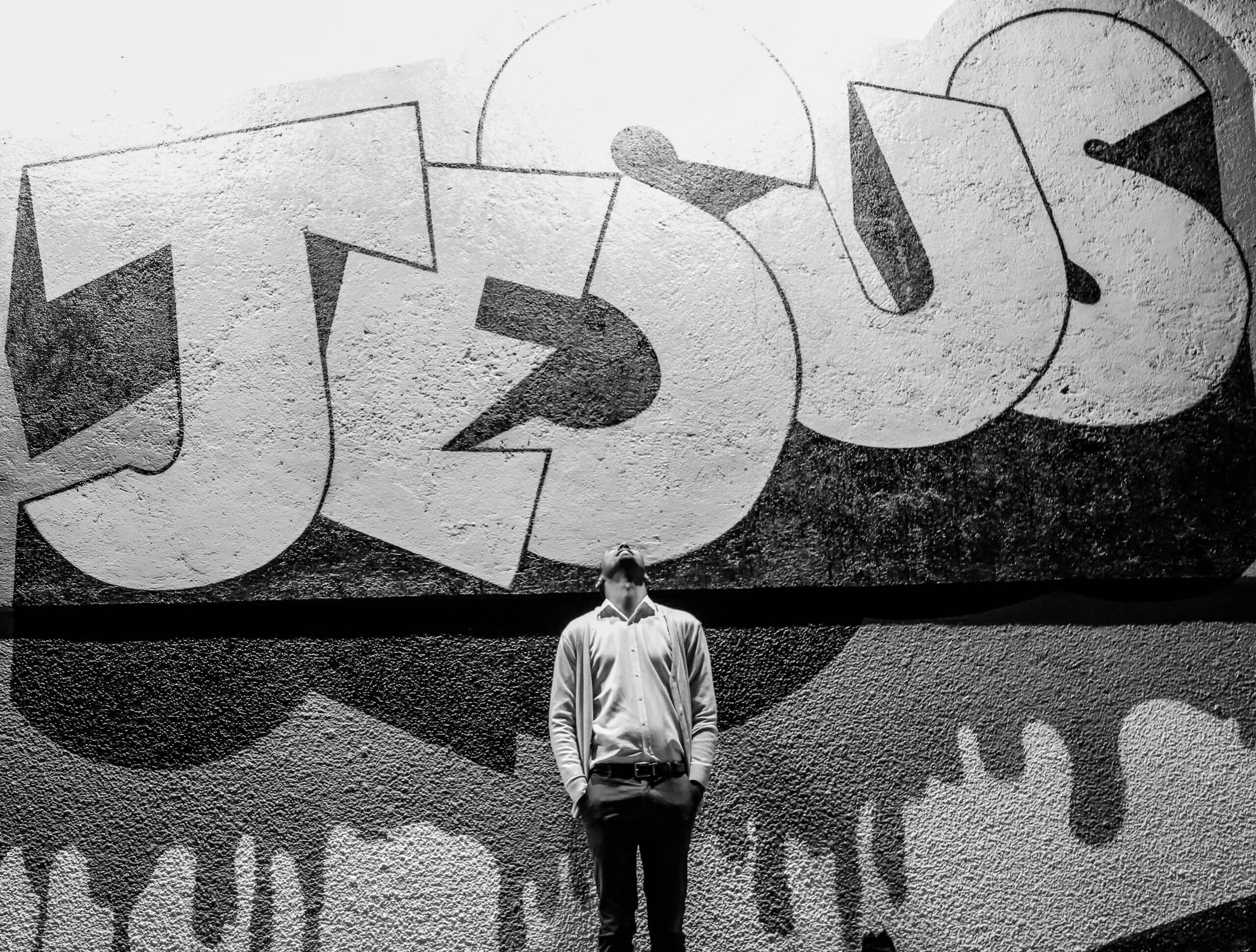The Uniqueness of Christ by Maxie Dunnam

This is the second article in a series of articles Maxie is writing about the beliefs of evangelism. Click here for the first article.
For most of my ministry life, over 70 years, my calling has been expressed as a pastor in a local congregation. Evangelism is a matter of the Christian community sharing the good news of a Savior with those who do not know him. So, evangelism is neither Christian proclamation alone, nor Christian presence alone. It is both. Thus my understanding, reflecting, and teaching on evangelism is focused in the local church. It is essential then that we first reflect on that which shapes the church.
The Church is God’s idea – the continuing incarnation of Christ in the world. But your church, my church, is a community of folks who have a specific identity at the corner of Poplar Avenue and Grove Park in Memphis. Sometimes what shapes our church and the church is quite different.
The degree to which our church looks like the church is dependent upon our whole being – our ideas and how we put those ideas into action.
The relation between what we think and what we do, what we say and how we live, is a very important one for us as Christians. This relation between word and deed is one that generates a great deal of debate. Some, like the great theologian Karl Barth, have said that evangelism, and thus faith and conversion, can only begin with what we know, say, and preach about Christ. Others, like some contemporary liberation theologians, argue that the words of the evangelist are empty unless they are preceded by deeds which meet the needs and bind up the wounds of those who suffer as they watch and listen.
Much is at stake in this debate. There are dangers on every side. Some fear that if we concentrate on doing deeds of mercy and justice, we will lose the unique focus on Christ which gives us our identity. Others point out that a concern only with preaching and right dogma can render our words empty, meaningless, and irrelevant.
No one has solved every riddle that resides at the heart of this debate, but we can’t simply cast it aside. I recognize the importance of the debate, and I want to address pastors and laity of local congregations about where I believe we must take our main bearings. The fact to keep in mind is this: ideas have consequences.
To underscore that fact I begin with this dogmatic assertion: What you think of Jesus Christ will determine what you do about evangelism. I believe the greatest theological barrier to evangelism today is a diminished belief in the uniqueness of Christ. What we think of Christ determines what we do about evangelism.
This has been the ongoing debate of the World Council of Churches for years. In 1968, on the eve of the WCC Assembly, Donald McGavran asked, “Will Upsala betray the 2 billion?” He charged that the World Council had given up concern for the 2 billion people of the earth who had neither heard of Jesus Christ nor had any real chance to believe in him as Lord and Savior.
Philip Potter, who was then secretary of evangelism for the WCC, addressed similar issues in 1967 when he asked the central committee, “Is evangelism at the heart of the life and work of the WCC? What does the WCC mean when it speaks of evangelism? What is to be done to manifest more evidently the central concern of the WCC and its member churches for evangelism?”
Both Potter and McGavan were raising the question of ‘where is Christ in what we proclaim?’
It continues to be good for every level of the church to ask itself, “Is evangelism at the heart of our life and work?”
Again, ideas have consequences. No matter where we begin, or how we pursue the notion that evangelism is the core mission of the church, the central issue is the uniqueness of Jesus Christ. He is the incarnate love of God offered as God’s saving grace for lost humanity. What we think about Jesus Christ determines what we do about evangelism.
This is the second article in a series Maxie is writing on the beliefs we hold about evangelism. Come back to Wesleyan Accent next week for the third installment.